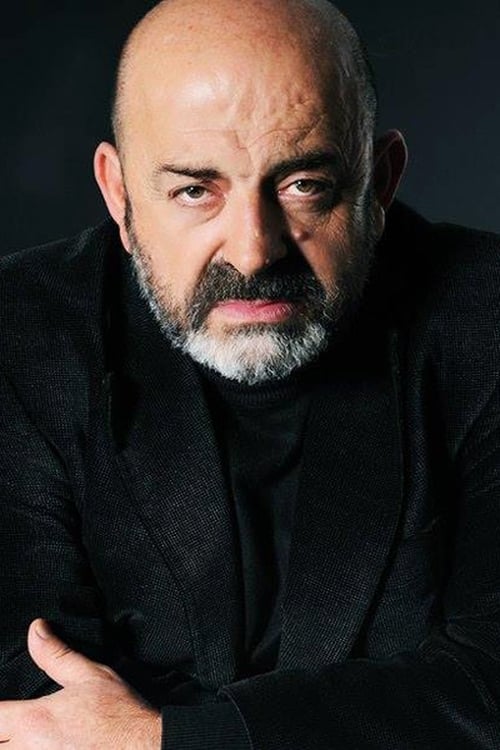Agnus Dei (2012)
Gênero : Drama, Guerra
Runtime : 1H 55M
Director : Agim Sopi
Sinopse
Baseado em uma história verídica, Agnus Dei é uma espécie de Édipo dos nossos dias. Pedro deve encontrar o seu caminho para a redenção. Mas o passado dar-se a conhecer e o destino concede misericórdia com moderação. Ele pode salvar a si mesmo, ou mesmo ser salvo?

O filme nos apresenta uma mostra da cultura gay japonesa em fins da década de 1960. Usufruindo da inclusão de ornamentos visuais vindos diretamente do mundo do design gráfico, da pintura, quadrinhos e da animação contemporânea, Toshio Matsumoto adentra a Novelle Vague japonesa com uma obra totalmente inovadora e polêmica. Sexo, nudez, consumo de drogas e o cotidiano de travestis foram articulados e trabalhados com uma desenvoltura ímpar. Um choque febril entre a estética de vanguarda e os sobressaltos típicos de filmes B. Em meio à sexo e violência, presenciamos um triângulo amoroso: Eddie é um jovem travesti, que se torna o mais popular do clube em que trabalha e inicia um romance com o companheiro e cafetão de Leda, um travesti que fora a grande estrela da noite, mas que com o passar dos anos já perdeu o encanto.

Young Bundeswehr soldiers Tom and Charly are stationed in Kosovo with the KFOR peacekeeping force. Their mission is to secure peace. Although the brutal war between the enemy Serbs and Albanians is officially over, the hatred between people continues to smoulder. When Tom and Charly rescue the young Serbian Mirjana from the fatal shot of the young sniper Durcan, they get caught between all fronts. They lose their professional distance due to the resulting closeness to Mirjana - who has to learn that her father was a war criminal - but also to Durcan - whose entire family was wiped out. Soon they are entangled in a conflict about guilt, manipulation, love and revenge...
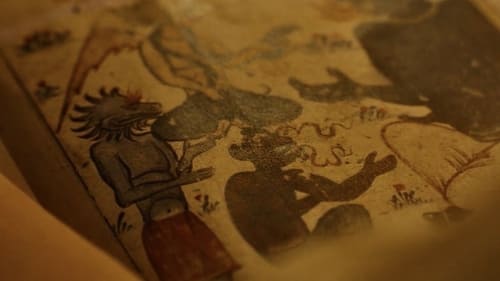
Haunted by her long-suppressed past and pressured by family to seek treatment from mystical healers for her infertility, a Kosovar woman struggles to reconcile the expectations of motherhood with a legacy of wartime brutality.
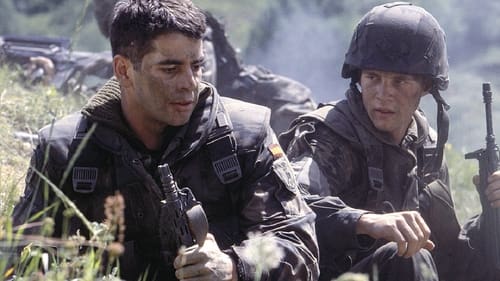
Inverno de 2000. Kosovo acaba de tornar-se um proterorado militar no coração da Europa. Um esquadrão de engenheiros do exército espanhol é enviado em uma missão para restaurar o fornecimento de eletricidade em uma vila dos Bálcãs. Cheio de idéias humanitárias, esses jovens logo se vêem em uma parte da Europa sem ideias e hostil a sua presença. Contra sua vontade, eles acabam envolvidos em um conflito violento e sem sentido que ameaça suas vidas. Forçados a lutar para sobreviver, eles serão confrontados com os horrores da guerra e com a perda da inocência.
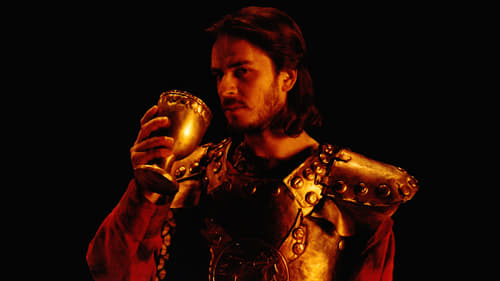
Batalha do Kosovo é um filme histórico, drama/bélico jugoslavo de 1989 filmado na Sérvia. O filme é baseado no drama escrito pelo poeta Ljubomir Simović. Descreve a histórica Batalha do Kosovo entre a Sérvia Medieval e o Império Otomano, que teve lugar a 15 de Junho (de acordo com o calendário Juliano, 28 de Junho de acordo com o calendário Gregoriano) num campo cerca de 5 Km a noroeste de Priština.

The story of Oedipus' gradual discovery of his primal crime, killing his father and marrying his mother, filmed by the famed British theatrical director Sir Tyrone Guthrie. This elegant version of Sophocles' play adds a brilliant stroke: the actors wear masks just as the Greeks did in the playwright's day.
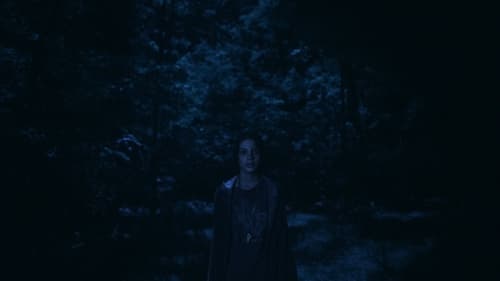
The film deals with the metaphor of fear, but hidden everyday formless news about the life of the Serbian population in Kosovo. The film is inspired by a letter from a girl from Kosovo, dedicated to her missing father, read at the United Nations, in which she publicly addresses the difficult life of Serbs, especially Serb children in the enclaves.

Plagues are ravaging Thebes, and the blind fortune-teller Tieresias tells Oedipus, the King, that the gods are unhappy. The murder of the former king has gone unavenged, and Oedipus sets out to find the killer.
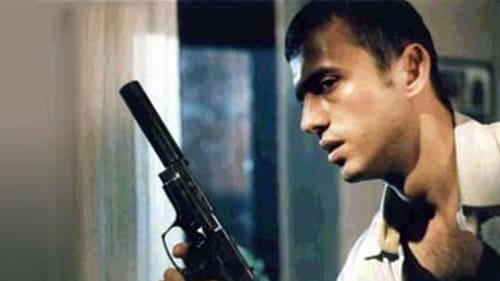
A love story between a Serbian girl and young Albanian set against the background of current Balkanic conflict.

A woman who is raped and gives birth to a child in war torn Kosovo, struggles to keep her child.

Constance is a bored, movie-loving schoolteacher in post-WW2 New Zealand who begins to fantasize that she's a Hollywood star - with tragic consequences.

Oedipus's wanderings come to an end when he finds his final resting place, as foretold by the gods. But his brother-in-law and his son each try to take him away.

In the Kosovo War, human dignity was shattered by the terrors of the Serbian government and the Albanian liberation army. Truths about the victims’ fates faded away, which is why a Finnish forensic research group led by Helena Ranta got a mission to act as an unbiased agent and investigate the real course of events.

In a final battle for the control of Thebes, Oedipus's two sons kill each other. Creon issues an order that no one is to bury Polynices upon pain of death. But Antigone is determined that her brother's body will have the proper rites of burial.

Stolen Kosovo is a Czech language documentary by director Václav Dvořák (b. 1948), about the Serbian–Albanian conflict in Kosovo. The documentary describes the situation, first in a short overview of the history of the area, followed by the 1990s conflicts and bombing of Serbia by NATO forces in 1999 and ending with the situation after the Kosovo War. The documentary focuses on the 1990s in the time of Slobodan Milošević's rule as well as on numerous interviews of Serbian civilians and, less, of Albanian insurgents against the Milošević regime.
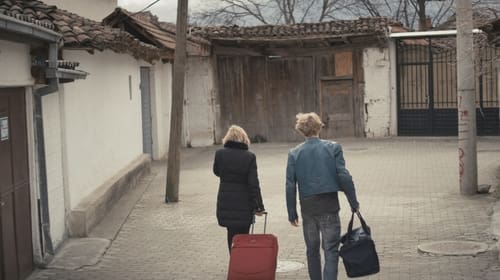
A lonely boy, who lives in Amsterdam with his refugee mother from Kosovo, keeps getting into trouble while yearning for her acceptance. But the traumas caused by the war, which his mother hides away from him, turn his world upside down.

Images and reality intermingle in this account of the writer's own experiences under totalitarian regime.

A Serbian family leaves the troubled Kosovo region after Albanians rape the daughter in front of her mother. When they leave their home after the assault, their family tombs are desecrated, and the move to northern Serbia is marked by rejection by the local people of their new community.

Sokol is a middle-aged Kosovar Albanian who, together with his family, emigrates from Kosovo to Turkey, and faces the foreign and unknown world. After some time he becomes homesick, eventually leaving his last will he gave to his son that when he dies, his bones will be returned to his native country. He dies near of a cliff at the Black Sea coast. In his native village, the news that Sokol has been returned from emigration are being spread.
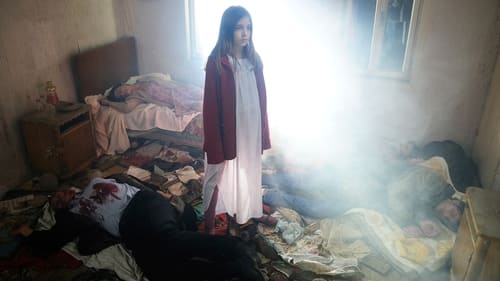
Baseado em uma história verídica, Agnus Dei é uma espécie de Édipo dos nossos dias. Pedro deve encontrar o seu caminho para a redenção. Mas o passado dar-se a conhecer e o destino concede misericórdia com moderação. Ele pode salvar a si mesmo, ou mesmo ser salvo?


